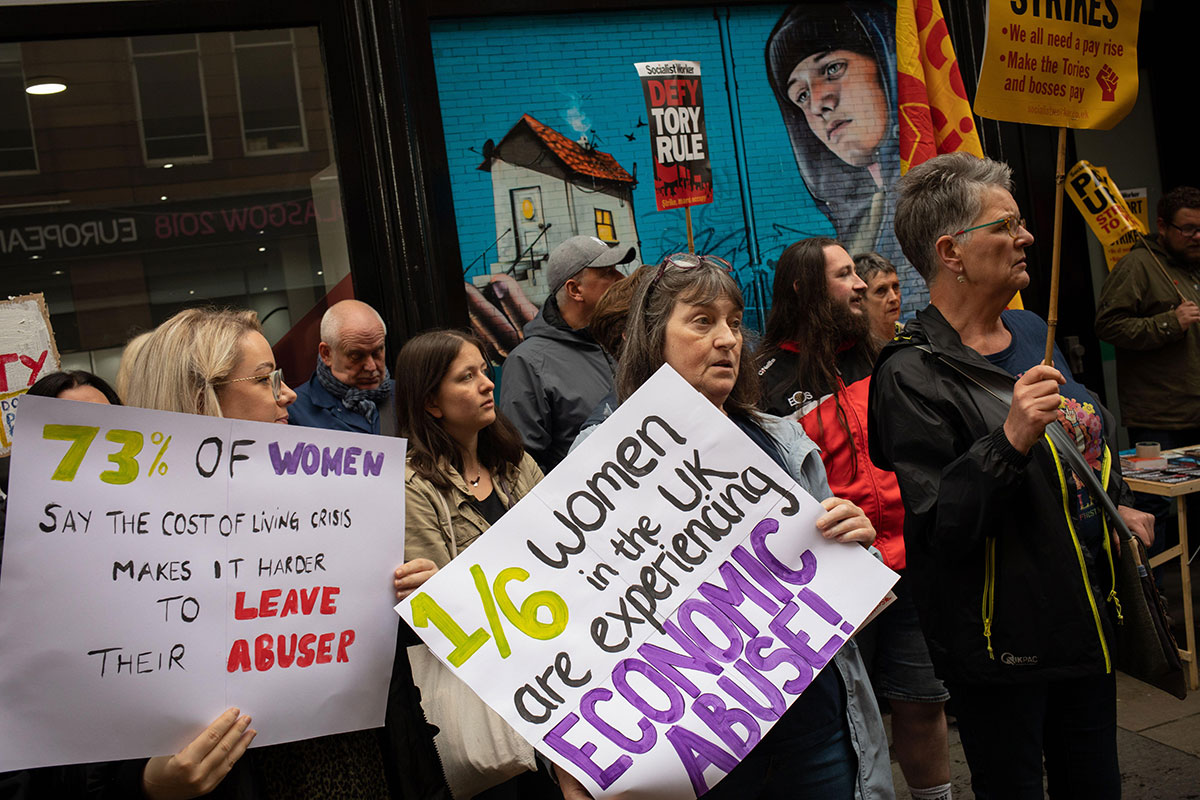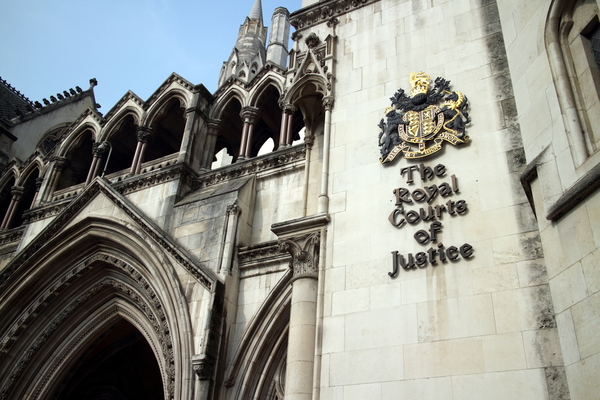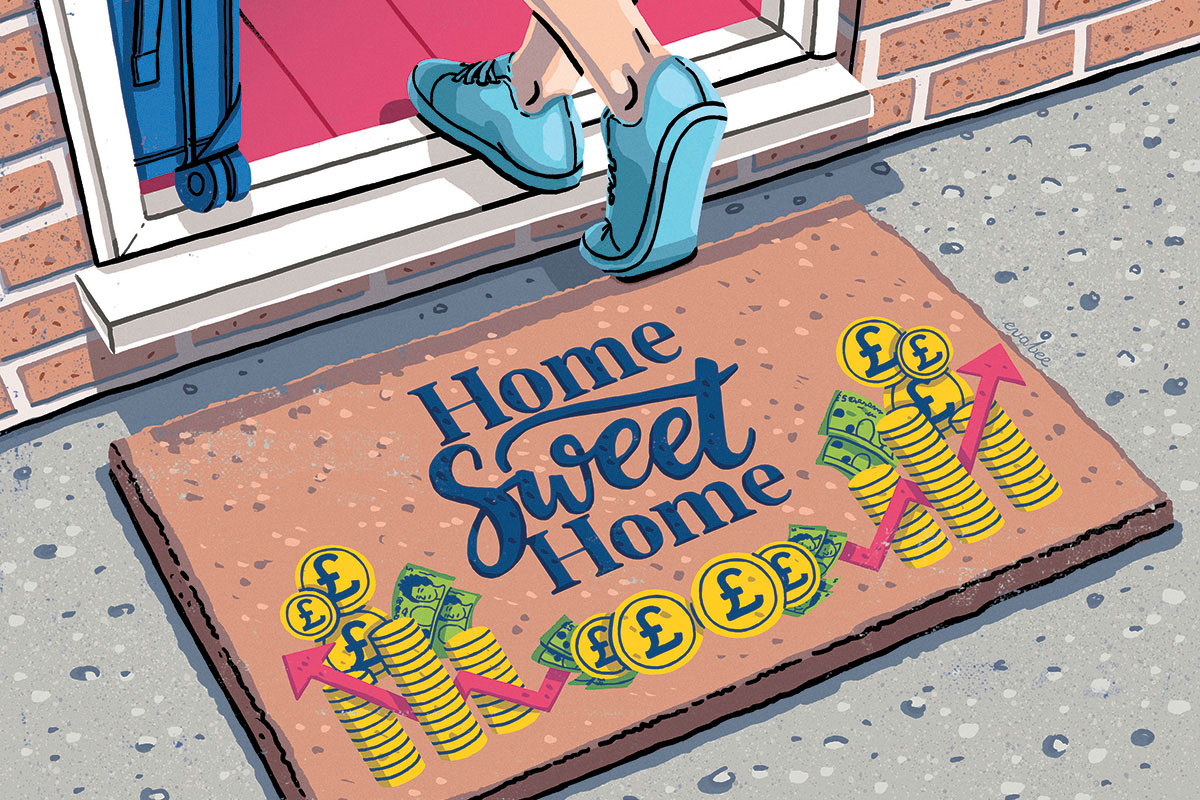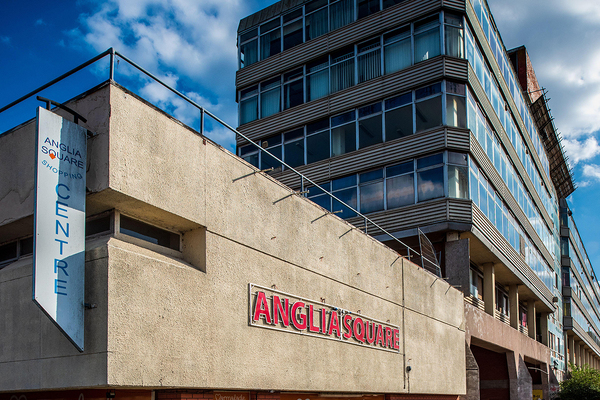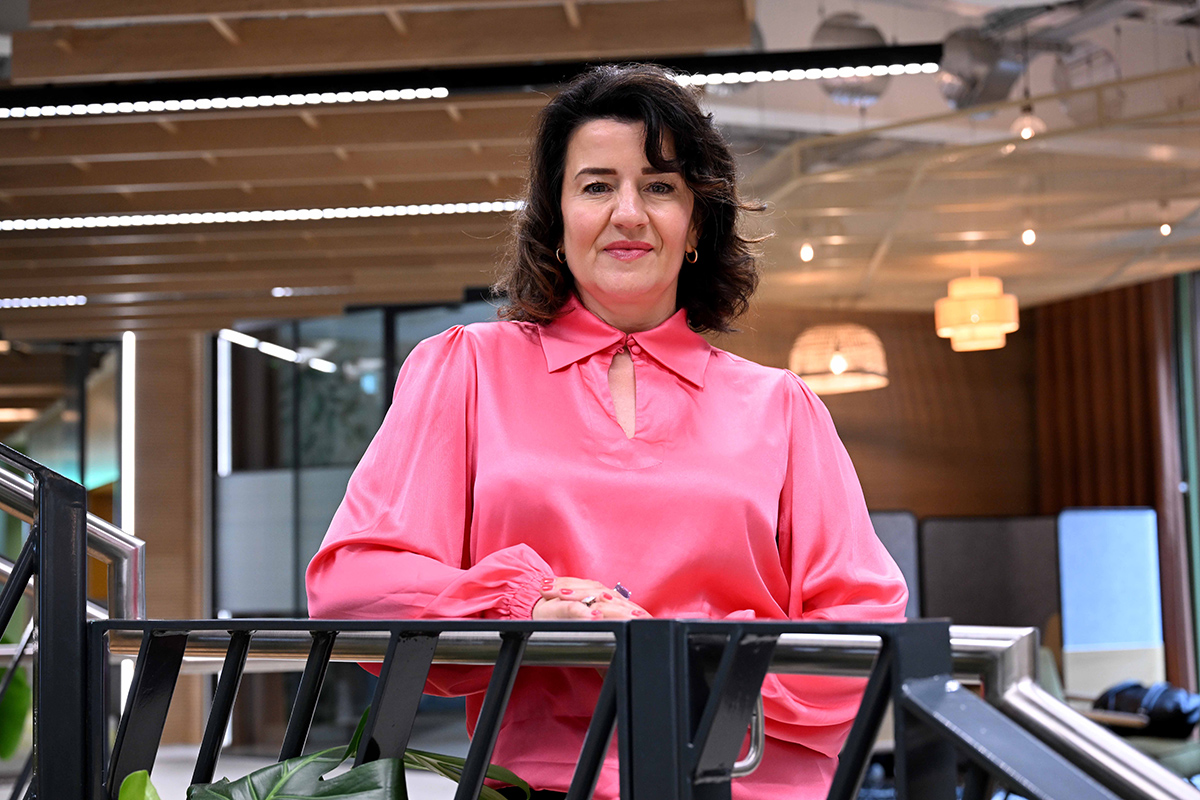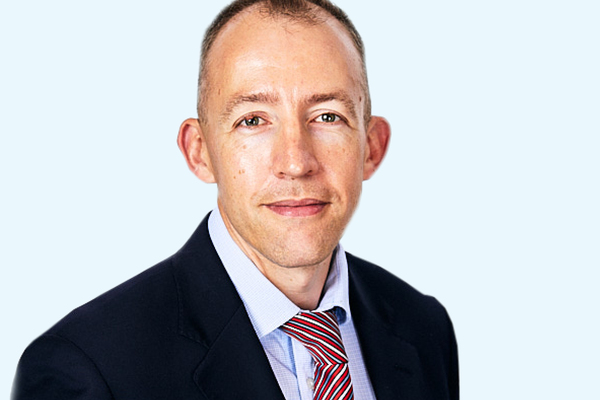You are viewing 1 of your 1 free articles
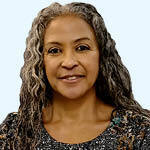
"Having a safe, affordable home is the bedrock of what everyone needs to thrive and I’m proud to be a part of a team that is here to ...more
Our new report shows that domestic abuse survivors still face gatekeeping and homelessness
The Domestic Abuse Act was meant to give automatic priority need to domestic abuse survivors facing homelessness. A new report by Solace Women’s Aid showed women are still face gatekeeping and homelessness, says Judith Banjoko
Domestic abuse is a leading cause of homelessness in this country. For women, it is ‘the’ leading cause of homelessness.
Yet, housing and homelessness responses, whether from politicians or public services, still too often treat women’s experiences of homelessness as atypical and domestic abuse a side issue. This must change.
As the largest provider of services for survivors of domestic abuse and sexual violence in London and one of the largest in the UK, we know how big a problem securing safe and affordable housing for women fleeing abuse is. We see it daily and we see the problem growing.
“We continue to see ‘gatekeeping’ behaviour, which can be re-traumatising for the women we work with”
We published a new report looking at the impact of changes to housing law brought in by the Domestic Abuse Act last year.
We found that the number of people recorded as homeless in the national statistics (owed a prevention or relief duty) as a result of domestic abuse rose 22% in London and 24% in the rest of England in the nine-month period from July 2021 to March 2022, compared with the same period the previous year.
Domestic abuse cases make up 14% of all homelessness applications and this is likely to be an under-estimate.
The Domestic Abuse Act amended eligibility for people to be accepted by local housing authorities. But when we looked into how well this change is working for survivors, we found that we are continue to see ‘gatekeeping’ behaviour, which can be re-traumatising for the women we work with.
A woman we supported, who we will call Maya, was refused emergency accommodation because she had spent a night with her mother when she first fled her abusive partner. Maya explained to them that she had experienced historic abuse in her mother’s house and it was psychologically unsafe for her there.
She had to retell her experience of abuse – current and historic – at least four times to different housing officers and was finally placed in a self-contained room at an unsuitable mixed hostel that is unsafe for her daughter to visit.
Unfortunately, Maya’s experience is not unique.
We surveyed our frontline staff and staff from other domestic abuse and homelessness organisations about the changes in the bill and gatekeeping practices, comparing the findings with the same survey we ran last year.
Positively, there have been some improvements, and 30% of staff who were in post before the change said it has improved the experience for their service users.
However, 50% said it has not improved. They also report that housing officers continue to use delaying tactics and make requests they are not supposed to, such as asking for police corroboration when most survivors never report to the police. They just want the abuse to stop and to be safe.
We recognise the massive shortage of social housing and affordable housing, no more so than in London. But the lack of understanding or empathy for our service users can, at times, astound me.
Given the right support, these women can recover from their experiences and rebuild their lives, and some housing authorities have used the legislation to improve their practice and ensure their staff are trained.
But when survivors are treated with suspicion, judgment or blame, or told there is no point trying to get housing, leaving them feeling like they have no choice but to return to an abusive situation, it can lead to devastating consequences.
“Young women who are traumatised and terrified are being told by housing officers to look for a flat share on Spare Room”
Then there are the survivors who are entirely excluded from the change in legislation. Migrant women with insecure status or no recourse to public funds cannot access social security and are often scared to engage with public services for fear of immigration enforcement.
We need the government to recognise that women’s vulnerabilities are being exploited by perpetrators as a tool of abuse and give legal protections to these women.
We also want to see survivors of sexual violence recognised in priority need legislation and policy. Twelve per cent of sexual assaults are perpetrated by the victims’ friends and 37% of rapes happen in the victims’ homes. Women under 35 are only able to claim the shared accommodation rate of housing benefit. Young women who are traumatised and terrified are being told by housing officers to look for a flat share on Spare Room.
In addition to ensuring access to housing assistance for these two groups, we want to see housing and domestic abuse specialist advocates in every housing authority to train and support housing officers. We need to see a huge investment in social housing, with attention paid to the needs of women made homeless by domestic abuse so they are not left in large mixed blocks dominated by men, or in mixed-sex hostels.
We also need urgent welfare reforms to give survivors a chance to escape abuse and destitution.
We want to give women who have had their every move monitored and every penny counted (or spent by) their abuser, a chance at real freedom, which means a safe, secure and affordable home.
Surely, this shouldn’t be a pipe dream?
Judith Banjoko, interim chief executive, Solace Women’s Aid
Sign up for our homelessness bulletin
Already have an account? Click here to manage your newsletters
